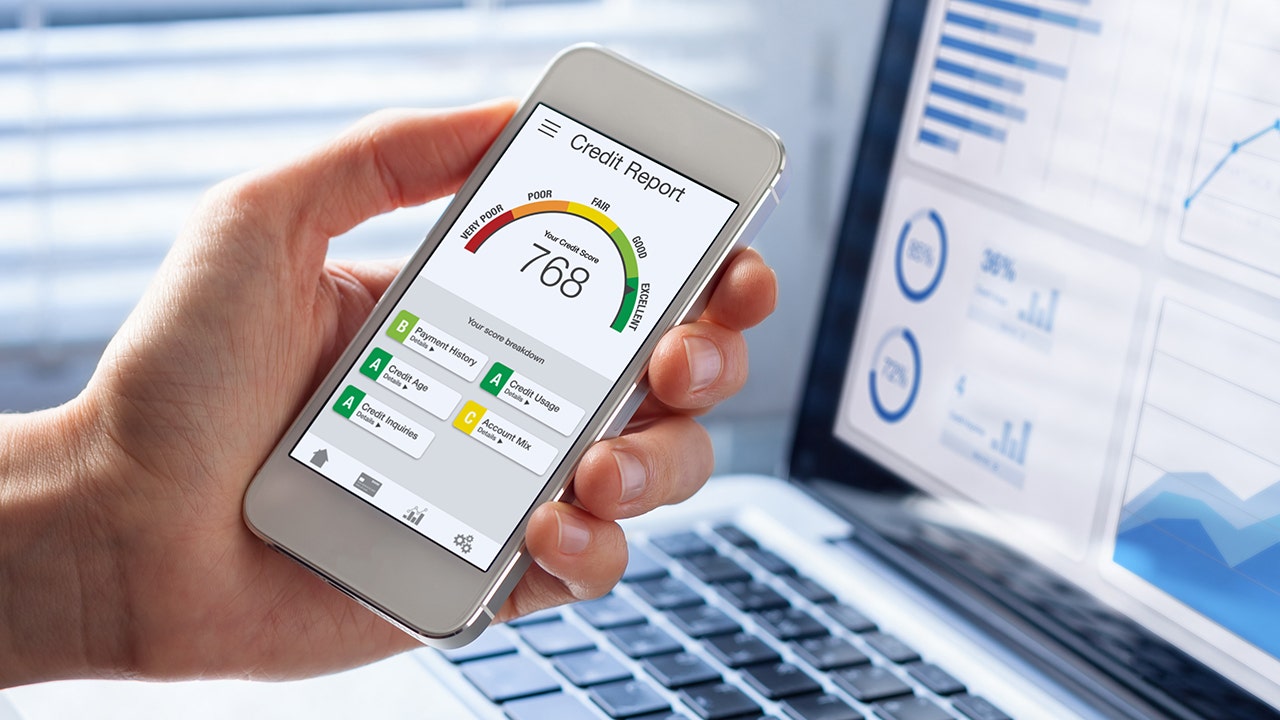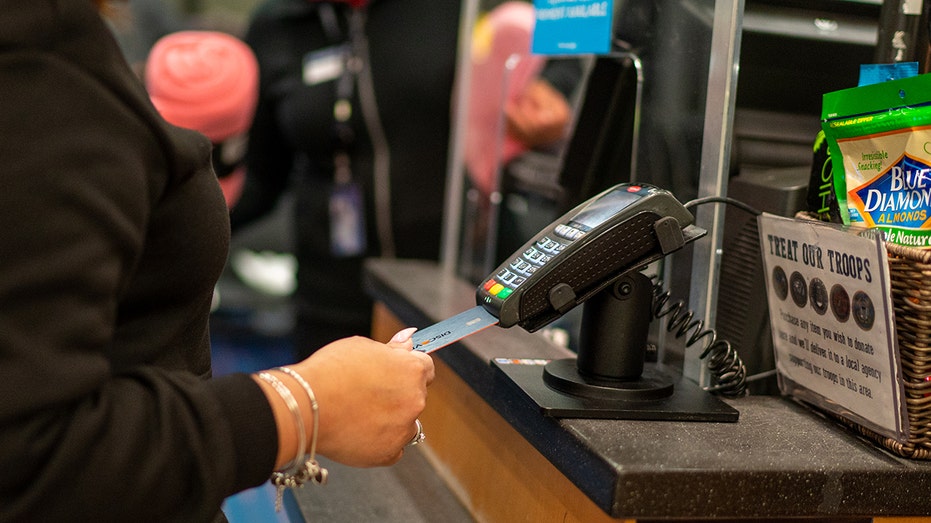Wealth Enhancement Group Senior Vice President Nicole Webb discusses how investors can get started in the market, no matter their age, on ‘Making Money.’
You’ve probably noticed that when you’re shopping online or sometimes in a retail store, you can select a buy now, pay later (BNPL) option, which is a type of installment loan that generally allows a consumer to buy something at the point of purchase with little or no initial payment and then pay off the balance over multiple payments.
According to the Consumer Financial Protection Bureau, one common repayment plan allows you to split the cost of the product into four interest-free biweekly payments, with the first payment due at checkout or in two weeks.
How do BNPL services work?
Buy now, pay later, as the name implies, is a form of installment lending. Providers include Affirm, Afterpay and Klarna.
SIX MOVES YOU’RE MAKING THAT CAN RUIN YOUR CREDIT SCORE
“A common flavor is four interest-free payments over six weeks, but sometimes these plans last for longer (e.g., six months, 12 months, sometimes even 24+ months) with or without interest,” said Ted Rossman, senior industry analyst at Bankrate.com. “A key difference between buy now, pay later and credit cards is that buy now, pay later plans are split into pre-determined installments. Users know exactly how much they owe and for exactly how long.”
Does BNPL require a hard inquiry into a person’s credit history?
According to Rossman, BNPL lenders usually only do a soft inquiry, which doesn’t affect a consumer’s credit score. These plans tend to be easier to qualify for than credit cards and other loans or lines of credit, he said.
How could BNPL affect your credit?
The credit scoring industry doesn’t really know what to do with BNPL, said Rossman.
“It’s a newer form of lending that doesn’t fit neatly into the way things were done previously,” he said.
Buy now, pay later, as the name implies, is a form of installment lending. Providers include Affirm, Afterpay and Klarna. (iStock)
To date, said Rossman, given these challenges and also difficulty obtaining BNPL information from providers, most BNPL plans don’t appear on consumers’ credit reports. There are some new developments on that front, however.
“Apple Pay Later has started reporting to Experian, and Affirm reports some of its longer-term plans to Experian, but most BNPL plans are not recorded on Americans’ credit reports,” said Rossman.
One exception, he outlined, is when users fall so far behind (often 90+ days) that they get sent to collections.
“A collections agency report could be a significant credit scoring blemish, even if these BNPL plans don’t always report routine payment activity,” Rossman added.
What will credit bureaus, such as Experian, track?
Rod Griffin, senior director of consumer education and advocacy at Experian told FOX Business that when a BNPL loan is reported to Experian, it will appear on the consumer’s view of the credit report similarly to other loans, but will include a buy now, pay later designation.
“The credit report will include the original balance, monthly payment and terms of the BNPL loan,” Griffin said.
FIVE MONEY MOVES TO MAKE THIS SPRING
Furthermore, Griffin said that at this time, while BNPL information will be included on a consumer’s Experian credit report if it is reported to Experian, it will not factor BNPL data into existing traditional credit scores, but may in the future as new credit scoring models are developed.
Can BNPL services help you build credit?
Griffin said the future of BNPL and how it intersects with your creditworthiness could expand.
A common repayment plan allows you to split the cost of the product into four interest-free biweekly payments, with the first payment due at checkout or in two weeks. (Robert Nickelsberg/Getty Images / Getty Images)
“As BNPL information is more widely reported to Experian, lenders will have greater visibility into BNPL histories,” Griffin said. “If you use BNPL loans responsibly, don’t take on more debt than you can manage, and make all your payments on time, your BNPL payment history could enable you to qualify for new credit and other forms of credit in the future.”
What are some potential downsides to BNPL practices?
Overspending can be a concern, experts have cautioned. “I think it’s easy to trick yourself into overdoing it with BNPL, because it may not even feel like debt,” Rossman said. “It’s not a $200 purchase, right? It’s just four easy payments of 50 bucks. Or so the thinking goes.”
GET FOX BUSINESS ON THE GO BY CLICKING HERE
To that point, such plans are often embedded into retailers’ websites and can encourage impulse buying.
“Especially if you have multiple plans running at the same time, you might spend more than you intended. It’s also easy to lose track of the frequent payment schedule,” Rossman said.

 Blog Post1 week ago
Blog Post1 week ago
 Economics1 week ago
Economics1 week ago
 Finance1 week ago
Finance1 week ago
 Personal Finance1 week ago
Personal Finance1 week ago
 Accounting1 week ago
Accounting1 week ago
 Economics1 week ago
Economics1 week ago
 Personal Finance6 days ago
Personal Finance6 days ago
 Personal Finance1 week ago
Personal Finance1 week ago











